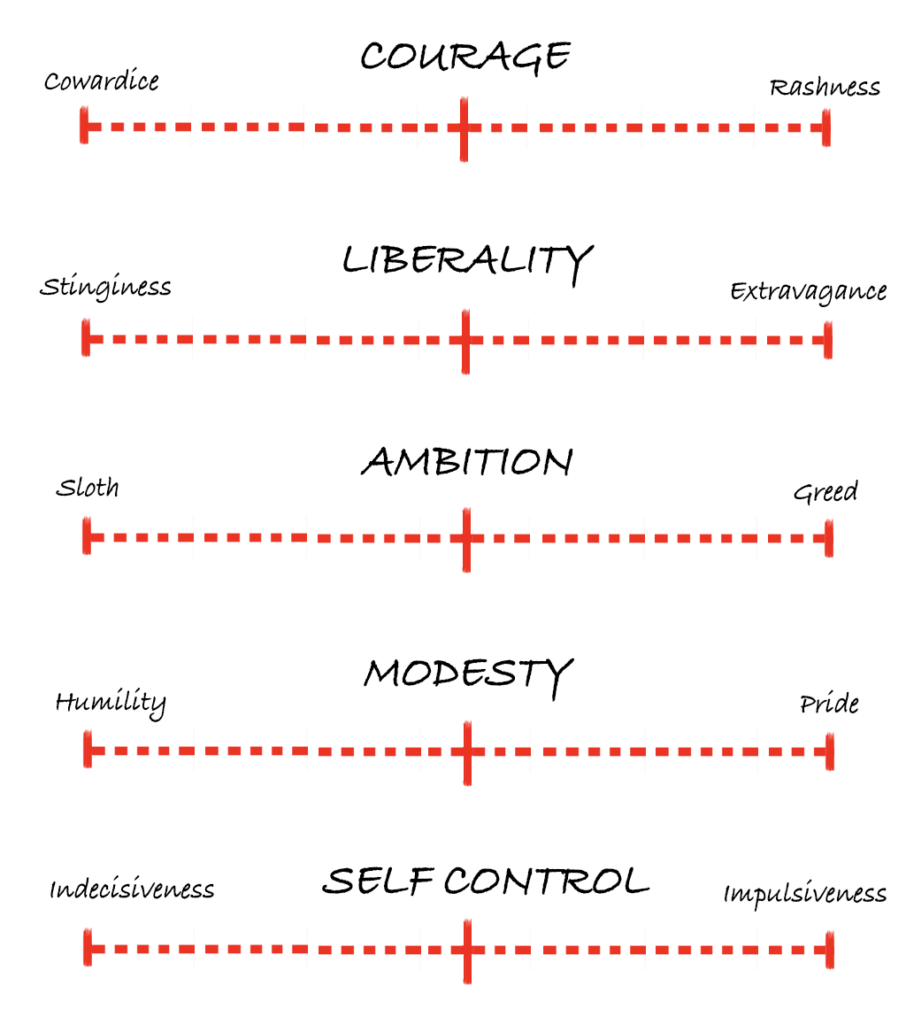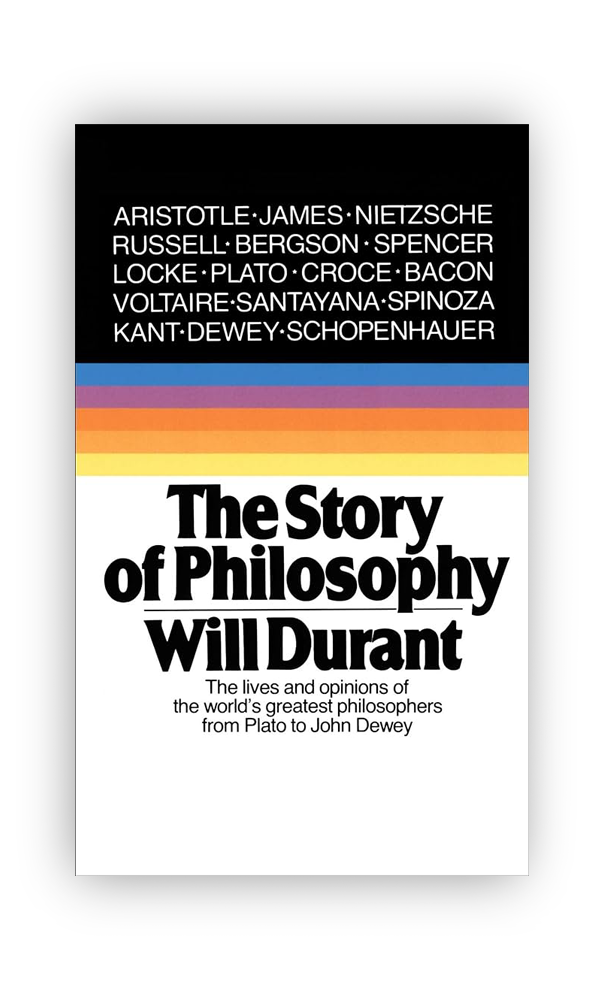The Golden Mean

Of the many topics Aristotle delved into in his lifetime, conduct, character and ethics speaks to what it is we should look to develop in the teams we’re leading. Aristotle believed that life’s true purpose was happiness and fulfillment. In The Story of Philosophy, Will Durant writes:
It came to him more and more clearly that above all questions of the physical world, there loomed the question of questions – what is the best life? – what is life’s supreme good? – what is virtue? – how shall we find happiness and fulfillment?
Fulfillment can come in many shades for many people but if we’re not leading with that at the forefront of our minds for those that we lead, then we’re never really going to get them to run into the fire with us, are we? While we know a happy and fulfilled life is important, what does it consist of? According to Aristotle, it is made up of what he called “The Golden Mean”
The chief condition of happiness, then, barring certain physical prerequisites, is the life of reason — the specific glory and power of man. Virtue, or rather excellence, will depend on clear judgment, self-control, symmetry of desire, artistry of means; it is not the possession of the simple man, nor the gift of innocent intent, but the achievement of experience in the fully developed man. Yet there is a road to it, a guide to excellence, which may save many detours and delays: it is the middle way, the golden mean. The qualities of character can be arranged in triads, in each of which the first and last qualities will be extremes and vices, and the middle quality a virtue or an excellence. So between cowardice and rashness is courage; between stinginess and extravagance is liberality; between sloth and greed is ambition; between humility and pride is modesty; between secrecy and loquacity, honesty; between moroseness and buffoonery, good humor; between quarrelsomeness and flattery, friendship; between Hamlet’s indecisiveness and Quixote’s impulsiveness is self-control.

According to Aristotle, to live a fulfilled life, one must embody these virtues which can easily be found by putting them on a spectrum such as this. On the left we have a quality that can be seen as unfavorable, or weak. On the far right we have a quality that can be considered too forceful or over the top. What Aristotle suggests is that we live, and lead lives to live a life, that is right down the middle of all of these qualities.
How does this help in leadership?
Conclusion
Take your team and consider what it is you all do together for a living. Whether it is a ditch digger, or the President of the United States, we should be coaching our teams to see how what it is they do can leave them fulfilled and happy.



